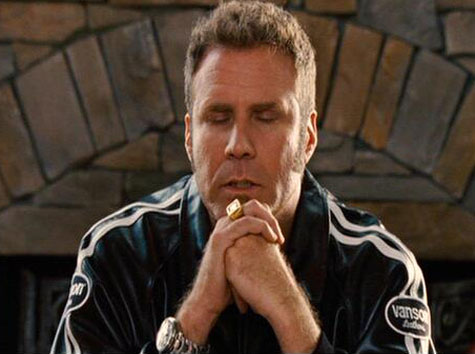Disney and Marvel haven't quite figured this out yet, but having wrassled theologically with the concept of the multiverse for years, I'm quite aware of how inhuman it can be. It can shatter the self, and unless approached with caution, be inherently dis-integrative.
My faith is paradoxically both multiversal and orthodox, idiosyncratically heretical in ways that at many points in the history of the Christian faith would have resulted in my being turned into a human S'more, charred and crisp with a screamy filling.
My sense of the reality of God...meaning my intellectual assent to God's transforming presence in my life...arose from my engagement with the idea of the Many Worlds. There, finally, I found an understanding of existence in which God was both necessary and inescapable, where the Mysterium Tremendum et Fascinans, Being Itself, and the Numinous had the elbow room they needed. It's the beating heart of my practical theology.
Years ago, I expressed that journey in a book. Who wants to read a book on faith and speculative physics written by a small church pastor? Very few people, as it turns out.
But...why does that matter? It does not.
That theology still shapes and stretches me.
One struggle that I encounter in my faith comes at the foundation of my prayer life, as I speak the prayer taught by my Master. "Thy will be done," I say, every morning as I rise, and I'll often pause to reflect on how beyond my grasp even that simple statement is.
God's will, from my theology, is everything. Every. Possible. Thing. The Divine Self-Expression, the Logos? It's everything, as omniscience must be. Everything that can be known is known to God. God's thought is perfection, and perfection means completeness, eh? Every joy, every sorrow, every delight, every horror, all of it is part of the Divine Will.
"Thy will be done," I pray, knowing that with all possible futures open, this could include terrible things.
There's a possibility, every day, of my own failure and inadequacy. Of my own death. Of the suffering of those that I love. It's the fundamental challenge that rises from our mortal freedom. God knows what our most abject desolation looks like, and to God, that knowledge is as real as this very moment.
It's a grim, hard teaching. But that, if I am honest to my spiritual intuition, is part of God's will.
If it weren't for Jesus, that knowledge could leave me anxious and fearful, or estranged and angry. But the life and teachings of Jesus define God for me, and they press back hard against my doubt and my ignorance. There are things God knows that we would best not know, as we were warned in Eden. God is entirely aware of how far we can fall, and will allow us to fall farther than we can imagine.
But the Gospel shows God's simultaneous desire that we not partake of that knowledge.
Our flawed wanting, our greed and lust, our resentments and hatred? Our compulsive injustices, and our pathological gracelessness? We are shown they might be overcome. We can understand our smallness, and embrace Christ's mercy, and find in Jesus the nature of the Good.
I see in Jesus the fullness of what it means when God's love is made real. When I pray for God's will in my life, that's how I understand it. What is the most Christlike outcome? Sometimes, that's healing or teaching. Sometimes, it's forgiveness. Sometimes, the cross.
All are God's will, and as I pray, I hold to that truth with fear and trembling.

























